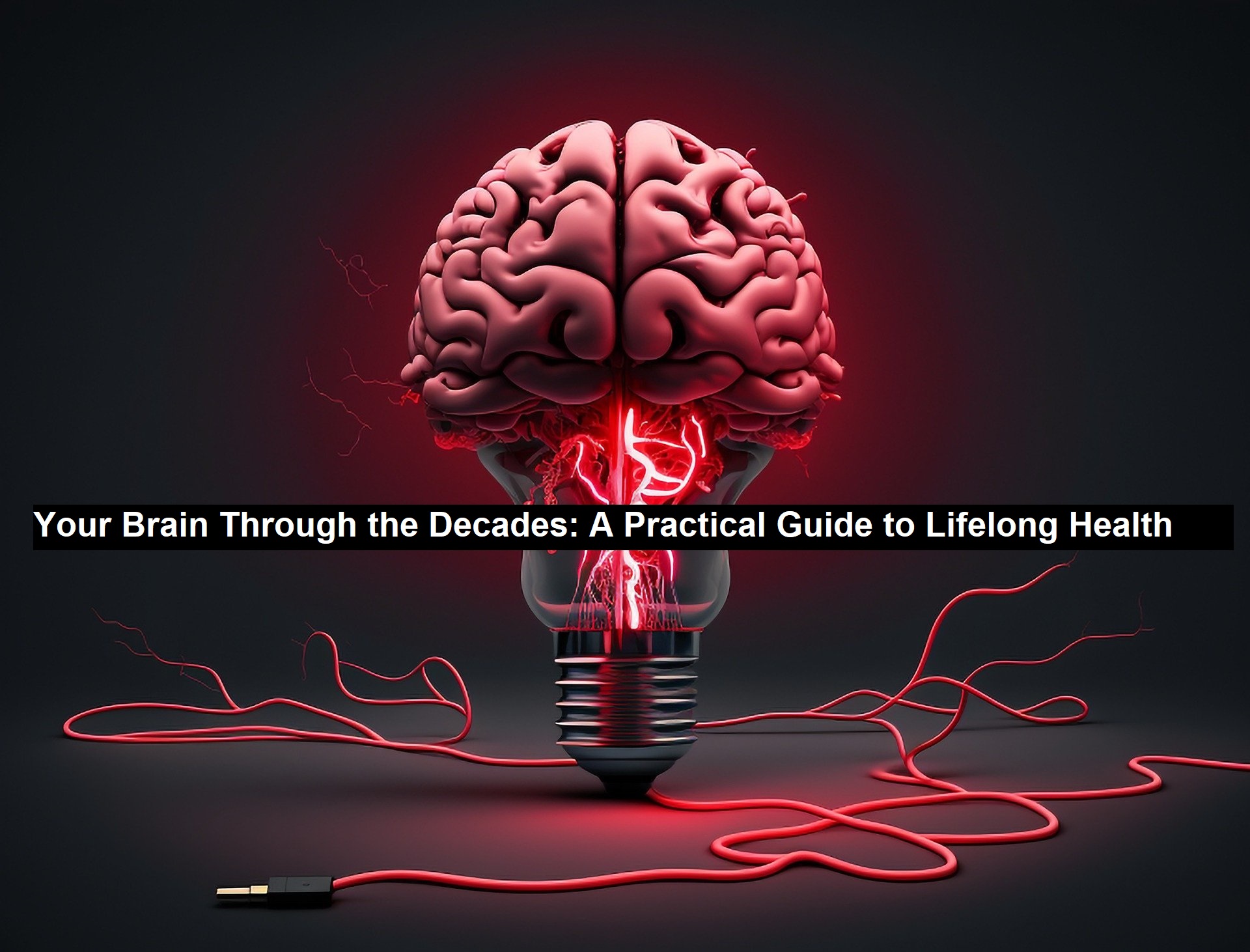Protecting your brain is a lifelong journey, and every stage of life offers unique opportunities to support cognitive health. By adopting intentional habits, you can keep your mind sharp, flexible, and resilient well into your later years. Here’s a decade-by-decade guide to help you care for your brain.
In Your 20s and 30s:
Your brain’s adaptability is at its peak, making this the perfect time to invest in its long-term health. Physical activity is a game-changer, boosting memory and learning through the creation of new brain cells. Try activities like hiking, swimming, or even team sports to stay active.
Challenge your brain by learning something new—whether it’s a musical instrument, coding, or a foreign language. Puzzle-solving and strategic games also enhance mental flexibility. Prioritize mindfulness to combat stress and improve focus. Meanwhile, limiting excessive screen time helps reduce mental fatigue and maintain clarity.
In Your 40s and 50s:
This stage calls for a focus on preservation and optimization. Nutrition takes center stage—fuel your brain with omega-3-rich fish, antioxidant-packed berries, and leafy greens. Small changes, like incorporating nuts and seeds into meals, can yield big benefits. Staying hydrated is just as important, as even mild dehydration can impact your mood and focus.
Achieving balance becomes essential. Overloading your schedule without breaks can lead to burnout, so aim for a mix of mental challenges and relaxation. Make sleep a priority, as it’s essential for consolidating memories and repairing your brain.
Read: The Gut: Your Body’s Hidden Ally in the Fight Against Inflammation
In Your 60s and Beyond:
Now is the time to double down on maintaining your cognitive abilities. Brain-stimulating activities like crosswords, memory games, or creative hobbies help keep your mind sharp. Staying socially active is crucial, whether through clubs, classes, or volunteering. These interactions not only combat isolation but also keep your brain engaged.
Address physical health concerns that could affect cognition with a functional neurologist. Hearing loss, for example, can lead to cognitive strain, so consider hearing aids if needed. Regular check-ups and cognitive assessments help catch and address potential issues early, supporting long-term brain health.
Timeless Tips for Every Age:
Certain habits benefit your brain no matter your age. Commit to regular exercise, a balanced diet, effective stress management, and staying socially connected. These strategies not only protect your brain but also enhance your quality of life.
It’s never too early—or too late—to start caring for your brain. For additional insights and tips, refer to the accompanying graphic.

